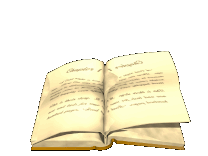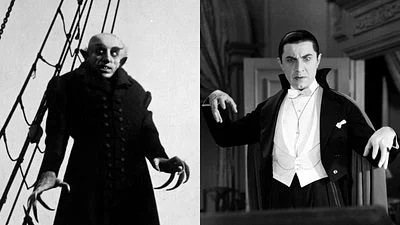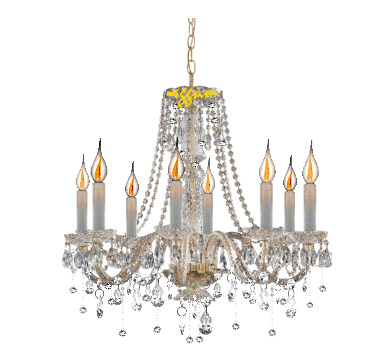

WITHIN MY LITERARY UNIVERSE
One of the things I love most is reading, and so I’ll share here the books that have truly resonated with me,
along with my favorite film adaptations that have captured their essence.

"Wuthering Heights" introduces us to Mr. Lockwood, who has recently taken a rental at Thrushcross Grange
and decides to visit his reclusive landlord, Mr. Heathcliff, at Wuthering Heights. Lockwood's encounter
with Heathcliff is marked by unease, revealing a hostile atmosphere filled with mistrust and discontent.
This book addresses the themes of love and revenge, revealing the cruelest side of human beings.
It's my favorite book!
click below to see
some quotes from the book:

Harker’s journey takes him to Transylvania, where he encounters the enigmatic Count Dracula, setting a thrilling and mysterious tone that delves into themes of
fear, seduction, and the supernatural.
The tension escalates as Harker meets Dracula, who, while courteous, exhibits strange and unsettling behavior.

The closest adaptation of Dracula for me was the 1922 film Nosferatu, portraying him as the cruel and vile monster that he truly is.
Since it’s a silent film, it places emphasis on the soundscape, which makes all the difference in conveying the tension the main character feels when entering the castle.
Another adaptation I enjoyed was Dracula (1931) — Béla Lugosi’s performance was exceptional. Although the film strayed quite a bit from the characters and parts of the original plot, it’s still a great movie!
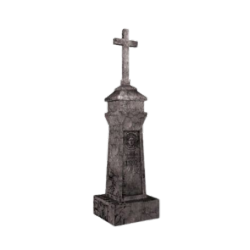

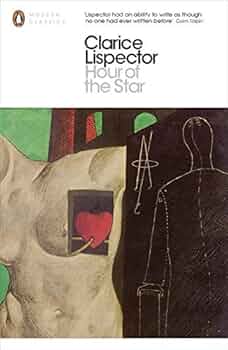
The Hour of the Star is a portrait of poverty. Our attention is drawn to a typical poor woman attempting to make a living for herself in the big city. Rodrigo provides biting descriptions of a woman he considers to have no feminine charms, showing his protagonist to have little intellect and to be plain, ugly even, with questionable personal hygiene to boot. Macabéa has many good points, including her friendliness, her willingness to make do and her joy at the little things in life, and surprisingly, perhaps, she’s seemingly happier than the bitter man who describes her humdrum life.
I read this book twice in a row because I felt I should take more from this story, and it was even deeper than I expected. I took notes on almost the entire book. Clarice is exceptional in her writing, her books are not meant to be understood, but felt, and this leaves many reflections imprinted on our soul. Was Macabéa truly "foolish," or were the people around her simply lacking the patience and capacity to understand her?

Promised a golden future as ruler of Scotland by three sinister witches, and spurred on by his wife,
Macbeth murders King Duncan to ensure his ambitions come true. But he soon learns the meaning of terror,
killing once, he must kill again and again, and the dead return to haunt him.
A story of war, witchcraft and bloodshed.
"Macbeth" also depicts the relationship between husbands and wives,
and the risks they are prepared to take to achieve their desires.

click below to see
a quote from the book:
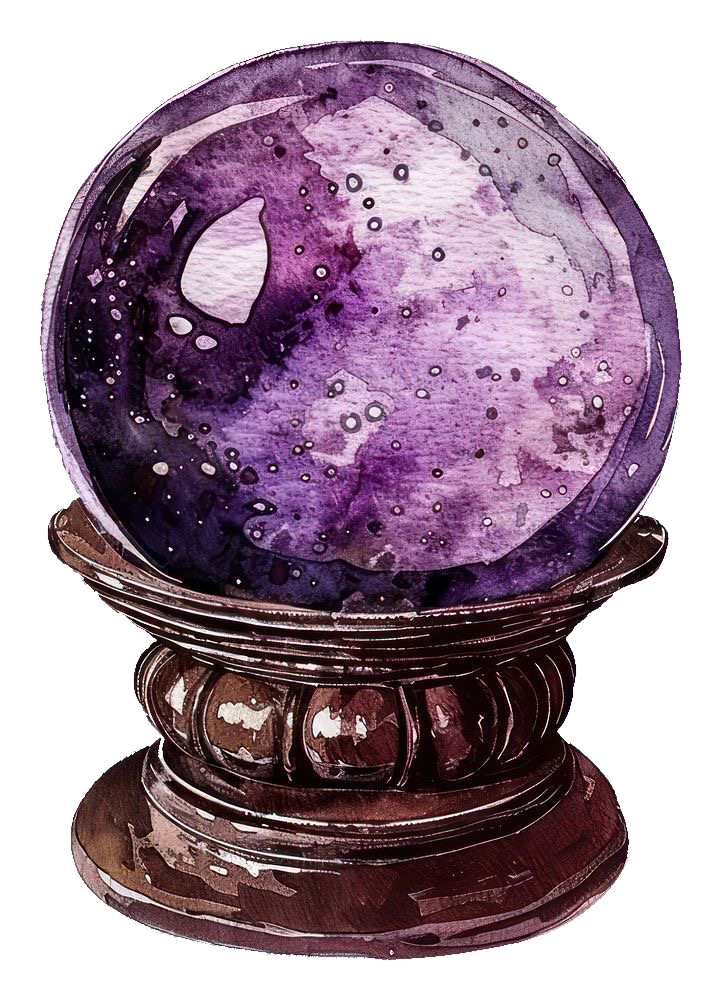

In this captivating tale of vanity and moral decay, young Dorian Gray becomes enamored with his own portrait and wishes to remain forever youthful, while the painting bears the burden of his sins. As he descends into a world of hedonism and excess, Dorian’s charming façade conceals a dark and corrupted soul. The novel explores themes of beauty, morality, and the consequences of a life lived solely for pleasure.
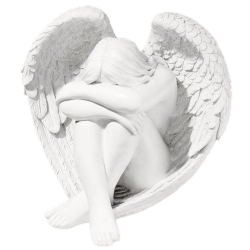
This is the kind of book that leaves you reflecting for hours after it ends, simply… surreal.
